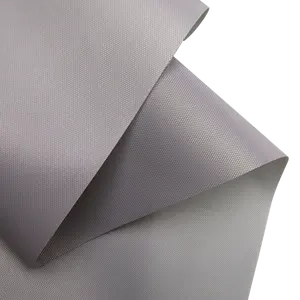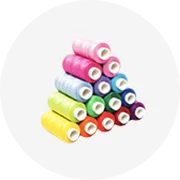Understanding 100 Denier Nylon Fabric
100 denier nylon fabric is a specific type of nylon material defined by its weight and durability. Denier refers to the fineness of the yarn, with 100 denier indicating a medium weight that balances flexibility with resilience. This fabric category is known for its significant strength-to-weight ratio, making it a preferred choice for various applications.
Characteristics and Applications
The versatility of 100 denier nylon is evident in its wide range of applications. Due to its excellent tear resistance and abrasion resistance, it is commonly used in the manufacture of outdoor gear, such as backpacks, tents, and flags. Its water-resistant properties also make it suitable for rainwear and other protective clothing items.
Types and Textures
Nylon fabric comes in various weaves and finishes, affecting its texture and appearance. The 100 denier variant can be found in ripstop weaves, enhancing its tear resistance, or in a smoother taffeta weave for apparel. The surface treatment of the fabric can also vary, with some having a coating for additional water repellency or UV protection.
Advantages of 100 Denier Nylon
The primary advantage of 100 denier nylon is its exceptional strength, especially considering its lightweight nature. It is also quick-drying and maintains its shape, which is crucial for maintaining the integrity of the product it's used in. Furthermore, its resistance to mildew and chemicals makes it a durable choice for long-term use in challenging environments.
Environmental Considerations
In recent years, the focus on sustainability has led to the development of eco-friendly variants of nylon fabrics. Recycled materials are now increasingly used to produce 100 denier nylon, reducing waste and the environmental footprint associated with the fabric's production.
Care and Maintenance
While 100 denier nylon is low-maintenance, proper care can extend its lifespan. It is generally machine washable and resistant to shrinkage, but avoiding high temperatures and harsh chemicals can prevent damage to the fabric's structure and finish.





































 浙公网安备 33010002000092号
浙公网安备 33010002000092号 浙B2-20120091-4
浙B2-20120091-4